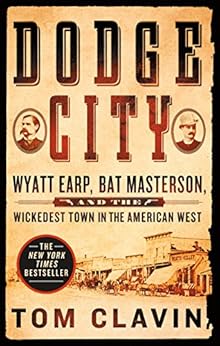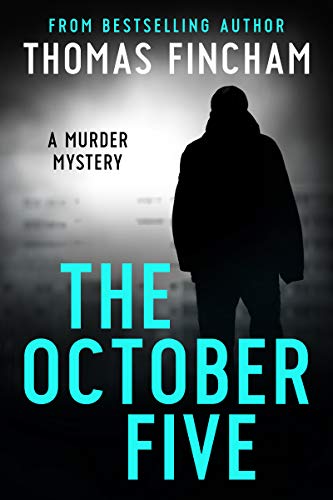
A friend suggested I read Allie Ray’s novel Inheritance, because its main character is a Swedish immigrant named Lars. It displays a promising talent.
Lars Gustafson is an undertakers’ assistant in the small town of Osceola, Nebraska in the early 1930s. When a prosperous local farmer named Harold Eklund is found shot to death, his bloody head frozen to the dining room table in his freezing house, Lars is expected to thaw the head loose with warm water so the body can be removed. This gives him time to examine the crime scene, and he notices some curious details.
Lars is no detective. But he’s smarter than people think, and for some reason – perhaps it’s his large size and quiet manner, or perhaps his difficulty speaking English which makes people assume he doesn’t understand them – he hears a lot of secrets, and some people even confide in him unbidden. And so, over a period of time, he begins to put together the story of events 15 years before that resulted in the shooting of Harold Eklund. Possible motives center around Harold’s predatory business practices, and his manipulation of family members, including his handsome Southern son-in-law and his beautiful daughter. There are a lot of secrets surrounding that family, and nobody involved is an angel.
I give author Allie Ray high marks as a wordsmith. Her prose is generally superior, especially for a young writer. Her characters are well drawn. She knows a lot of local history, which adds to the verisimilitude of the story. (She should, however, have studied firearms a little more. Her assumptions about the power of a .22 caliber rifle will make gun owners laugh.)
The greatest weakness of the book, for me, was in its ending. It didn’t wrap things up properly, at least for this reader. The final resolution was unclear to me, and I wasn’t certain whether that was intentional. Or why it would be.
Still, as a second novel by a young writer, Inheritance was quite impressive. Cautions for rough language and adult themes.









